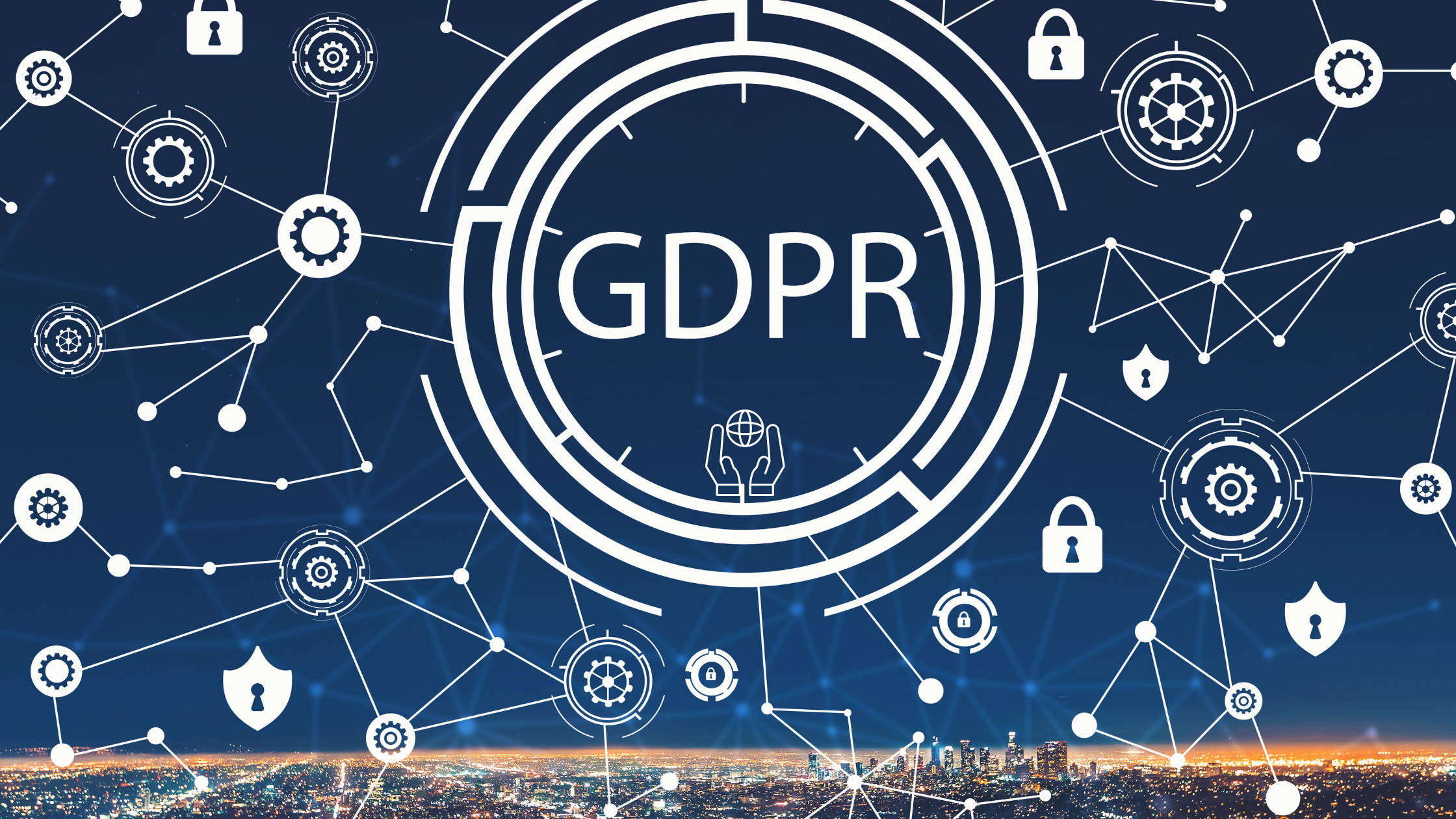How Can GDPR Compliance Services Help with Data Processing Agreements?
In today’s digital age, businesses frequently process personal data, whether from customers, employees, or other stakeholders. Handling such sensitive information comes with significant responsibility, particularly with regulations like the General Data Protection Regulation (GDPR) in place. GDPR requires organizations to ensure that personal data is processed lawfully and securely. One essential aspect of GDPR is the establishment of Data Processing Agreements (DPAs). This is where GDPR compliance services in Mohali can play a crucial role in helping businesses manage their data processing agreements effectively and stay compliant.
In this blog, we will discuss what data processing agreements are, their importance under GDPR, and how GDPR compliance services can help organizations create, maintain, and implement these agreements in line with the regulation.
What Is a Data Processing Agreement (DPA)?
A Data Processing Agreement (DPA) is a legal contract between a data controller (the entity that determines the purpose and means of processing personal data) and a data processor (the entity that handles data on behalf of the controller). The DPA outlines the responsibilities and obligations of both parties with respect to the handling of personal data.
Under GDPR, DPAs are a mandatory requirement whenever a data controller engages a data processor. These agreements ensure that data processors handle personal data in a way that complies with GDPR regulations.
Key Elements of a Data Processing Agreement:
Scope of Processing: The DPA must detail what data will be processed, how it will be processed, and for what purpose.
Security Measures: The agreement should specify the security measures that the processor must implement to protect the personal data.
Data Subject Rights: The DPA must address how data subject rights (such as the right to access, rectification, or erasure) will be upheld.
Sub-processors: The DPA should specify whether the data processor is allowed to engage sub-processors and under what conditions.
Breach Notification: The agreement should outline the processor’s obligation to notify the controller of any data breaches.
Termination and Deletion: The DPA must specify what happens to the personal data when the contract ends, including deletion or return of the data.
Importance of Data Processing Agreements Under GDPR
Data Processing Agreements play a critical role in ensuring GDPR compliance for businesses that handle personal data. Without a properly structured DPA, organizations risk penalties, fines, and potential damage to their reputation. Here’s why DPAs are so crucial:
1. GDPR Compliance
GDPR requires organizations to ensure that any personal data processed by third parties is done in compliance with the regulation. Without a DPA, there’s no guarantee that the processor is adhering to GDPR’s strict requirements. A well-structured DPA helps formalize the processor’s commitment to compliance, reducing the risk of non-compliance.
2. Data Security
One of the main objectives of GDPR is to protect personal data from unauthorized access, breaches, or leaks. DPAs help outline the security measures processors must follow, ensuring that personal data is processed securely. By enforcing strict security protocols, businesses reduce the risk of data breaches.
3. Protecting Data Subject Rights
GDPR grants individuals several rights regarding their personal data, including the right to access, correct, delete, or restrict its processing. A DPA ensures that processors are aware of their obligations to assist the controller in upholding these rights.
4. Accountability
Under GDPR, both data controllers and processors are accountable for ensuring compliance. A Data Processing Agreement clarifies the responsibilities of both parties and ensures that processors are held accountable for their actions. This minimizes the likelihood of conflicts and legal complications.
How GDPR Compliance Services Help with Data Processing Agreements
GDPR is complex and navigating its requirements can be challenging for businesses. This is where GDPR compliance services come in. These services help organizations ensure that their Data Processing Agreements are legally sound, fully compliant with GDPR, and tailored to the specific needs of their business. Here’s how GDPR compliance services assist with DPAs:
1. Drafting and Reviewing Data Processing Agreements
One of the primary roles of GDPR compliance services is to help businesses draft DPAs that comply with GDPR’s requirements. Many organizations, particularly smaller ones, may not have the legal expertise to create these documents themselves. GDPR compliance experts can assist by:
- Drafting custom DPAs tailored to the specific data processing activities of the business.
- Reviewing existing DPAs to ensure they meet GDPR requirements.
- Identifying potential compliance gaps and suggesting improvements.
2. Ensuring GDPR Compliance in Contracts
GDPR compliance services ensure that the DPA includes all necessary clauses required under the regulation. This includes details about data processing scope, security measures, sub-processors, and data subject rights. Additionally, these services ensure that contracts are updated as GDPR evolves and new guidance is issued by regulatory authorities.
3. Guiding on Controller-Processor Relationships
The relationship between a data controller and processor is vital under GDPR. GDPR compliance services help organizations understand these relationships and define them clearly in the DPA. They can advise on:
- Which entity is the data controller and which is the processor.
- What responsibilities each party holds under GDPR.
- How to manage and supervise data processors to ensure ongoing compliance.
4. Audit and Monitoring Support
GDPR requires organizations to maintain ongoing compliance, not just at the time of drafting the DPA. GDPR compliance services offer audit and monitoring support to ensure that data processors adhere to the terms outlined in the DPA. This may include:
- Regular audits of data processing activities.
- Monitoring compliance with the agreed-upon security measures.
- Ensuring that data processors notify the controller in the event of a breach.
5. Training and Awareness
Another way GDPR compliance services help with data processing agreements is through training and raising awareness. They provide guidance and training to both data controllers and processors on their roles and responsibilities under GDPR. This helps ensure that all parties involved understand the importance of DPAs and how to implement them effectively.
6. Handling Sub-Processors
Under GDPR, data processors cannot engage sub-processors without the prior approval of the data controller. GDPR compliance services assist businesses in managing this process by ensuring that any sub-processor agreements are in compliance with the DPA and GDPR’s requirements. This includes drafting and reviewing sub-processor agreements to ensure that they meet the same high standards of data protection.
7. Data Breach Management
In the event of a data breach, GDPR requires that data processors notify the controller without undue delay. GDPR compliance services help businesses define clear procedures for managing data breaches within the DPA. This includes setting out how and when notifications should occur, as well as ensuring that processors take appropriate steps to mitigate the impact of a breach.
8. Customizing DPAs for Different Data Processing Scenarios
Every business has unique data processing needs, which means that a one-size-fits-all approach to DPAs won’t work. GDPR compliance services help tailor DPAs to the specific data processing activities of a business. Whether an organization is outsourcing data processing to third parties or processing data internationally, these services ensure that the DPA is customized to address specific compliance challenges.
Conclusion
Data Processing Agreements (DPAs) are a critical component of GDPR compliance for any business that processes personal data. They outline the responsibilities of both data controllers and processors, ensuring that personal data is handled securely and lawfully. However, creating, managing, and maintaining DPAs that fully comply with GDPR can be a daunting task for businesses.
This is where GDPR compliance services can provide invaluable support. These services help businesses draft, review, and implement data processing agreements in line with GDPR’s stringent requirements. From ensuring the correct clauses are included to guiding on controller-processor relationships, GDPR compliance services help organizations stay compliant, mitigate risks, and protect personal data. By leveraging professional expertise, businesses can focus on their core operations while ensuring that their data processing activities remain secure and lawful.
With the increasing importance of data protection in today’s business landscape, having solid Data Processing Agreements backed by GDPR compliance services is a key step in safeguarding both your business and your customers’ data.








